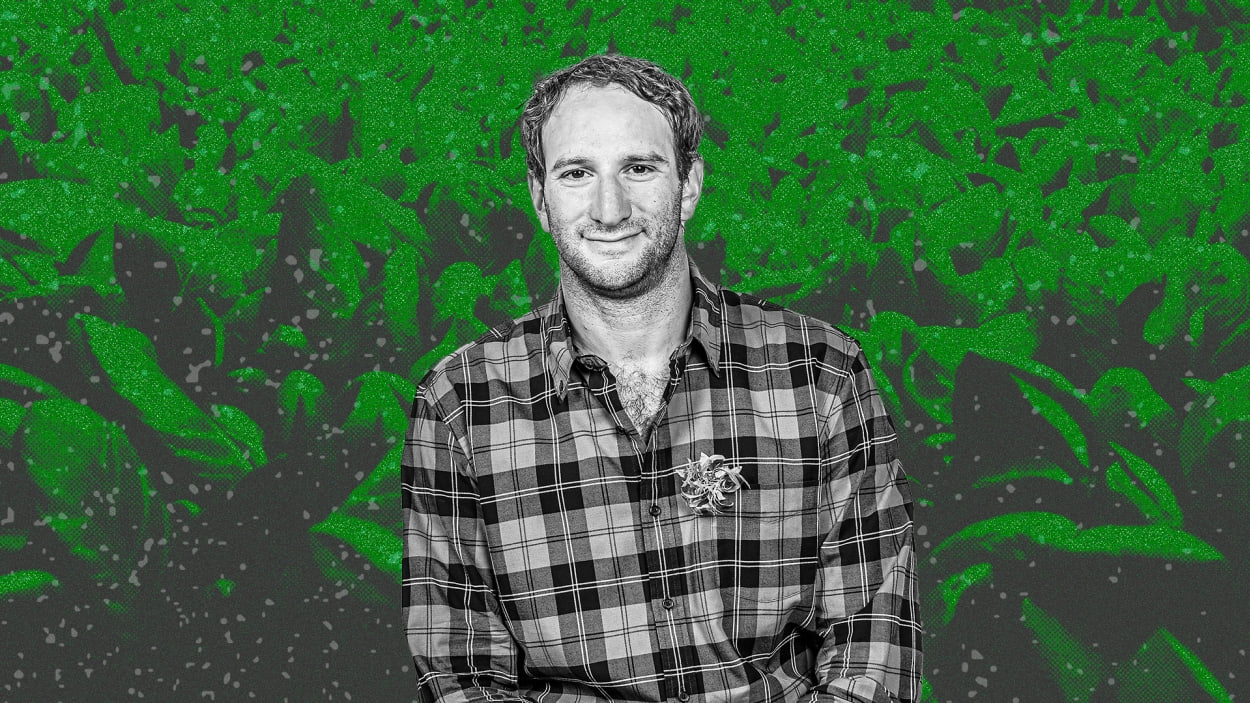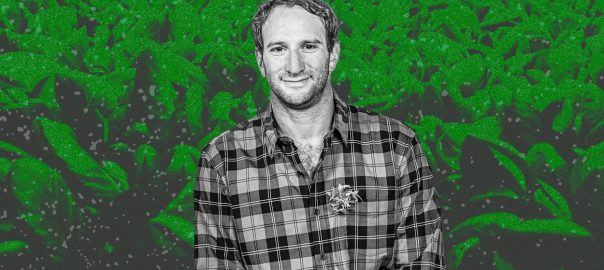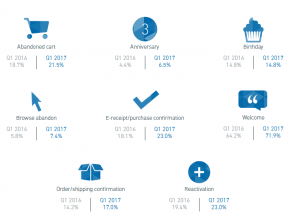Food security is a global challenge and it’s only getting more critical, says Irving Fain, founder and CEO of Bowery, the vertical farming company using hydroponics and digital agriculture to reimagine the future of produce. “The problem we’re solving at Bowery is a problem that’s not only relevant to the cities we’re in today or to cities in the U.S., but it’s relevant to cities around the world.”
On this week’s Most Innovative Companies Podcast, Fain explains how Bowery is seeking to reinvent and reimagine food and agriculture, reflecting on confirmation bias and his status as an “outsider” in agriculture, while also detailing how he’s been able to retain critical focus on the bigger problem at hand—and why now is the time to innovate.
Irving is convinced that technology can secure the future of food, and that what Bowery is building will be a critical part of the agricultural and food supply chain. As he explains, you can grow almost anything hydroponically—it’s just a matter of determining which crops make sense, financially and otherwise.

To that end, focus is critical with respect to innovation, says Fain. Scalable vertical farming is a notoriously hard problem to solve (many believe it impossible), which is why he started by growing only lettuce, using it as a prototype, before growing fruit like strawberries, and other smart produce: “Just because we knew ultimately we’d be able to grow so much more than just greens didn’t mean that that was the right place to start.”
It is through this initial focus, Fain explains, that Bowery has been able to build smart farms (or Bowerys, as he calls them) that operate 365 days a year, independent of climate events, and are 100 times more productive than traditional agriculture. “Wherever food is needed we can grow it,” he says.
Though one could argue entrepreneurship is second nature to him, Fain had to learn farming, a fact which he believes allows him to see opportunities others might miss.
“Ignorance and naïveté can be an advantage for an entrepreneur, and it’s something that you can use to your benefit if you’re thoughtful about it,” Fain says. “When you’re too deep into an industry or too deep into a problem, it’s very easy to start to see all the reasons why new solutions can’t work or won’t work, or haven’t worked in the past.”
But still, there’s a place for seeking input from wisdom and experience: “It’s about finding the right balance between, where can your outsider perspective allow you to take chances and make choices that others wouldn’t, and where can you avoid falling into obvious pits or walls by leveraging and respecting knowledge from folks who’ve been in the space for a long time.”
The bigger you get, the more disconnected you naturally become from the granular day-to-day, he says, but the strongest leaders become comfortable with some level of disconnection.
“It’s important for me to be able to explain to somebody where we are, why we are where we are, and where we’re going and to be able to do it credibly,” he says. “And so, in order to do that, understanding and spending time on some level of detail is something that I care about, but I can’t live at that altitude.” Fortunately, that’s where your team comes in—The intellectual soup of talent and skill, as Fain refers to it, which can yield extraordinary things.
“A core attribute of who we are at Bowery is reinventing and reimagining consistently,” he says. “As a team, we talk about not getting tied to anything we do today as a sacred cow and being willing to reexamine everything we’re doing and the why around it.” He says there’s a good reason for this approach: “The focus here at Bowery is building a generation business that changes the face of food and agriculture. To do that, to be enduring like that, you have to be willing to continually reinvent. That can be difficult and challenging and uncomfortable. But it’s critical.”
Listen to the episode for the full interview.
You can listen and subscribe to Most Innovative Companies on Apple Podcasts, Stitcher, Spotify, or wherever you get your podcasts.
(31)









